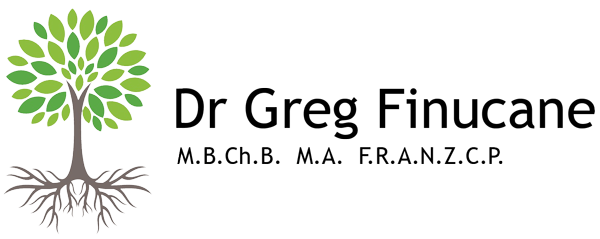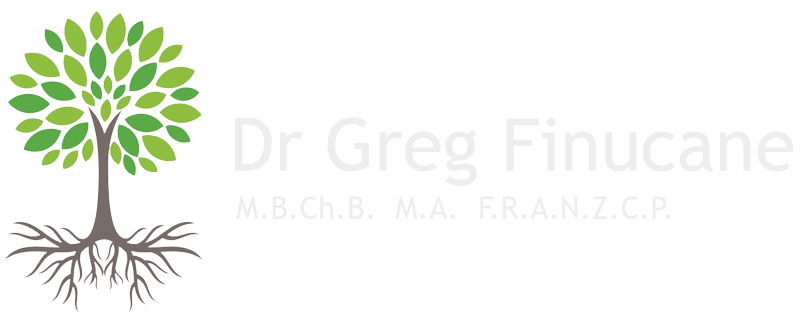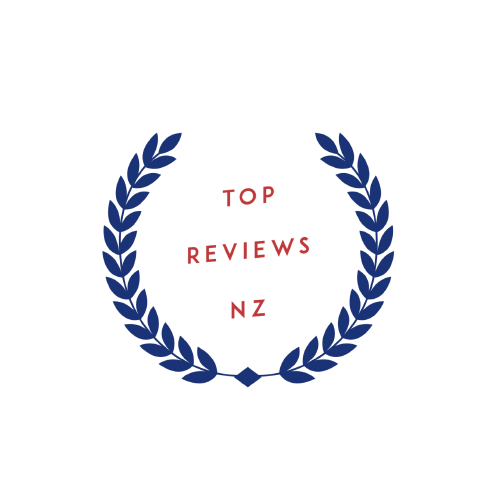ADHD is a developmental condition that impairs concentration and attention. Medication can assist with this problem, essentially by increasing the rate of information processing so the person can attend more normally.
The best medication for a particular person depends on many factors, including the medication’s side effects, how long the beneficial effect lasts, any other medical conditions, target symptoms, lifestyle (eg work pattern) and personal preferences.
The mental processes that ADHD affects include self-control, attention, working memory, and creative thinking. Medications that act on dopamine and norepinephrine may help people control these symptoms of the condition. Cognitive effects of stimulants may be shorter lived than behavioural effects (eg on hyperactivity) but it may also be that a higher dose is required to reduce hyperactivity than needed to improve cognitive functions such as working memory.
There is evidence that medication adjustment by experts leads to better response rates than by non-experts.
Two main types of medication are available to treat the symptoms of ADHD: stimulants and nonstimulants
Stimulants are usually more effective than nonstimulants but there is a risk of drug misuse with stimulants, and they can cause rebound symptoms. For this reason, some people use nonstimulants instead. Prescribing long-acting versions of stimulants can also reduce the potential for adverse effects or misuse. All of these medications work by increasing tonic firing in the underactive prefrontal cortex of individuals with ADHD, so increase the efficiency of information processing in this area.
Stimulants
Doctors usually prescribe stimulants as the first line of pharmacological treatment. Stimulants act on norepinephrine and dopamine, two monoamine neuromodulators that appear to play a role in ADHD.
The first choice in New Zealand for individuals with ADHD tends to be methylphenidate, due to the potential flexibility of the dosage regime. A combination of short acting and long acting medication sometimes gives the best results while avoiding peaks and troughs.
The most common side effects of stimulant medications for ADHD are:
increased heart rate
increased blood pressure
reduced appetite
difficulty sleeping
Serious heart-related complications are rare. Doctors should closely monitor people with heart problems who are taking stimulants. These medications can cause some growth suppression in some children. Rebound effects can be thought of as side effects - eg increased hyperactivity when the medication wears off. This can be managed by adding a small dose of medication at the appropriate time.
Mild side effects which are present when the medication is first taken often resolve after 7 - 10 days. Loss of appetite can be less of a problem if taken with or after food. Dizziness with peak dose of a short acting medication would indicate a longer acting medication might be preferable. With insomnia or nightmares reduce the last dose of the day (duration of action is quite variable between different people). Low mood or emotional flatness would indicate another medication should be tried. If tics develop, drop the dose, try a different stimulant, or try a non-stimulant. Stimulants should be avoided if psychosis develops.
Stimulants can interact with several medications.
Monoamine oxidase inhibitors are antidepressants that people should not take with stimulants. In fact, a person must stop taking any monoamine oxidase inhibitor at least 14 days before starting to take any stimulant medication.
Other antidepressants that potentially interact with stimulants include:
- selective serotonin reuptake inhibitors
- serotonin norepinephrine reuptake inhibitors
- tricyclic antidepressants
These can be used simultaneously but only with due care and consideration whilst monitoring for interactions.
1. Methylphenidate
Methylphenidate works by increasing the levels of dopamine in the brain. Long-term studies lasting for more than 20 years have demonstrated that methylphenidate is safe and effective. It works by blocking reuptake of dopamine and noradrenalin through the dopamine transporter and vesicular monoamine transporter.
Formulations available in New Zealand are:
Ritalin/ Rubifen (immediate release) 10 mg tablets
Ritalin is named after the chemist’s wife, Rita. It has been available in New Zealand since 1970. The half life is about 4 hours (like a cup of coffee). Some individuals find ramp up and ramp down effects unpleasant, eg anxiety or tachycardia when it begins working, and a rebound sense of lethargy and dysphoria when it wears off.
Ritalin/ Rubifen 20 mg SR tablets
These are usually better tolerated, except for individuals who do best with only a very small dose of methylphenidate such as 10 mg daily. The duration of action is about 6 hours and there is smoother onset of action and less ramp down effect. These are often taken two or sometimes three times per day to achieve satisfactory daily cover.
Longer acting formulations available in New Zealand are:
Ritalin LA
Ritalin LA is an extended-release tablet that releases half of the medication at once and the other half slowly throughout the day. Total duration of action is about 8 hours; again some people need to top up with shorter acting forms. People should not crush, chew, or split this tablet.
Ritalin LA modified release capsules - 10 mg, 20 mg, 30 mg, 40 mg capsules (different doses different colours)
Concerta
Concerta capsules use osmotic-controlled release oral delivery system (OROS) technology to release methylphenidate. The effect of methylphenidate is also long-acting, as it releases 22% immediately and the remaining 78% gradually. When a person swallows Concerta, fluid from the stomach and intestines enter the tablet and push the medication out of the pill slowly throughout the day.
The medication will last for 10–12 hours. Sometimes people can use a short-acting methylphenidate form if needed during this period depending on the effect over time. People should not cut or crush Concerta capsules. People who cannot swallow pills may have difficulty taking Concerta.
Concerta extended release tablets - 18/27/36/54 mg tablets (different doses different colours)
2. Amphetamines
Amphetamines increase the release of both dopamine and norepinephrine. They work in a similar way to methylphenidate but also enhance dopamine release and are actually taken up into the presynaptic neurone.
Dexamphetamine sulfate 5 mg tablets.
This contains the dextro-amphetamine salt. The effect of the tablet will only last 3–5 hours, so people tend to use it twice or three times per day. The longer acting forms of amphetamine are not available in New Zealand currently.
Nonstimulants
Nonstimulant medications act on a set of different pathways that offer another treatment option. Some people cannot tolerate the side effects of stimulant medications and can only take nonstimulants.
3. Strattera
Strattera (atomoxetine) may be beneficial for people with ADHD who also have anxiety, as stimulants can make anxiety worse.
It comes as 10/18/25/40/60/80/100 mg capsules (colour coded) and the dose is gradually built up over time. Thus it can take 4-6 weeks to work out whether there is benefit, and what the side effects are. However, some people prefer this to stimulants, and find it more easily tolerated. The target dose is usually 1.2 - 1.4 mg/kg with maximum dose 100 mg daily, but it can be taken once or twice daily. If it isn’t helpful after a month at full dose then it will not likely become effective.
The most notable side effects of Strattera are nausea and stomach upset. Twice daily dosing makes this more tolerable. People should not open Strattera capsules because the medication may irritate the eyes. They must swallow Strattera capsules whole, which can be challenging for some people. It is unlikely to worsen tics.
4. Modafinil - not funded as not subsidised for ADHD - acts like a stimulant but unrelated to those above. Well tolerated and beneficial effects somewhat like other stimulants but perhaps less marked benefit. In NZ available as 100 mg mg tablets Modavigil, usual dose 200 mg daily but can increase to 400 mg daily.
Other medication options include:
5. Bupropion (Zyban) a dopamine antidepressant also used as a quit smoking medication has been shown beneficial for some people with ADHD, though probably less so than stimulants.
6. Guanfacine and clonidine (Alpha 2 agonists) are sometimes prescribed when there are also tics present, when there is a high level of irritability, or major insomnia. Dose limiting effects include sedation and low blood pressure. These will also take a month or more to work out if there is benefit.


